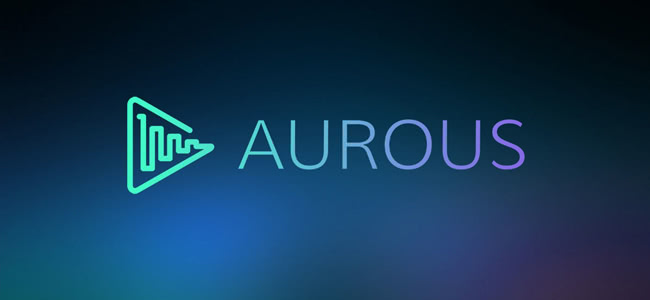Although record labels are still contending with streaming services over rights and royalty payments, it looks as though they’ve finally resigned themselves to the fact that streaming is indeed the future.
And not just the future of how music is distributed, either, that’s a given. Labels are finally letting go of their scepticism and understanding that streaming could be the only way to return the music industry to profitability.
After all, with all the music a consumer could ever want at their finger tips for free or at the most $10-$15 a month, what’s the point in illegal downloads, right? Well, a new app is here to rain on that parade.
Yes, it seems the music industry’s new worst nightmare became a reality overnight. Aurous, a free, on-demand music streaming service that’s being billed as “Popcorn Time for music” is officially live.
The service has been talked about in whispers all over the industry media for months now, drawing ire from several official bodies as it features no advertising nor any licensing deals with artists, labels, or publishers.
“Skip, shuffle and listen to music as much as you want. No more intrusive ads or random bands interrupting your playlist,” Aurous’ website reads. “No more waiting to find that right song. Enjoy the music you want to without being tied down.”
As International Business Times reports, in addition to its free price tag, Aurous gives users the ability to import playlists built in other services such as Spotify and easily access music already stored on their hard drives.
Much has been made of Aurous’ reputation as a ‘Popcorn Time for music’, i.e. a service that streams music directly from torrents, but according to its founder, Andrew Sampson, it’s a little more complicated than that.
Speaking to Billboard, Sampson said his app doesn’t allow users to stream music directly from illegal file-sharing sites. Instead, Aurous works as an internal database of links to content.
“If someone was to upload [illegal content] to one of those sites that we get content from, then it would show up in our search results,” says Sampson.That content, Sampson says, can be a YouTube video or a SoundCloud upload or one of the other 120 public APIs Sampson has integrated into his app. From there, search results are served to users via the BitTorrent protocol.
In fact, Spotify used the same protocol when it first launched, however it no longer does so. Music is served to Aurous users through publicly available APIs, much akin to Music Messenger, which folded due to label pressure.
So can you access pirated content or not? “If someone was to upload to one of those sites that we get content from, then it would show up in our search results,” says Sampson. “It’s like how Google works; we have crawlers that go across the internet to find files and index them.”
As International Business Times note, Aurous is, in the strictest terms, offering an illegal service. Aurous provides instantaneous and completely free access to all kinds of music, even from artists who deliberately keep their music off streaming services.
Sampson claims Aurous users will be able to compensate artists via a partnership with ProTip, a digital tipping service that uses bitcoin’s blockchain technology to pay rights holders based on how much time a user spends on a site.
Unsurprisingly, this is doing little to calm rights holders. As Billboard reports, Aurous has already garnered ire from or-profit piracy watchdog Rightscorp and is reportedly under scrutiny by the likes of the RIAA.
[include_post id=”452593″]
Sampson remains undeterred. When asked what he would do if served a cease and desist, he replied, “Ignore it. If someone asked us to shut down our service over one song, we wouldn’t. If someone were to approach us about a pre-release album being available, we would be obliged to help them remove that.”
“When you step into a minefield, you can expect to get a little hurt,” Sampson says. “But we’re not hosting anything, we’re decentralized, similar to BitTorrent, so we can share data without hosting it. Nothing goes through our servers. Everything is a user request, initiated by the user. We’re simply providing an interface.”
And what an interface it is. We road tested Aurous in the Tone Deaf office and the layout of the app is admittedly an admirable feat of design and user experience, boasting a familiar layout similar to Spotify.
And while Sampson can argue that his service is not illegal, it certainly occupies shaky ground. Though his app may not offer illegal content, it certainly provides users with a new and admittedly convenient way to access it.




































